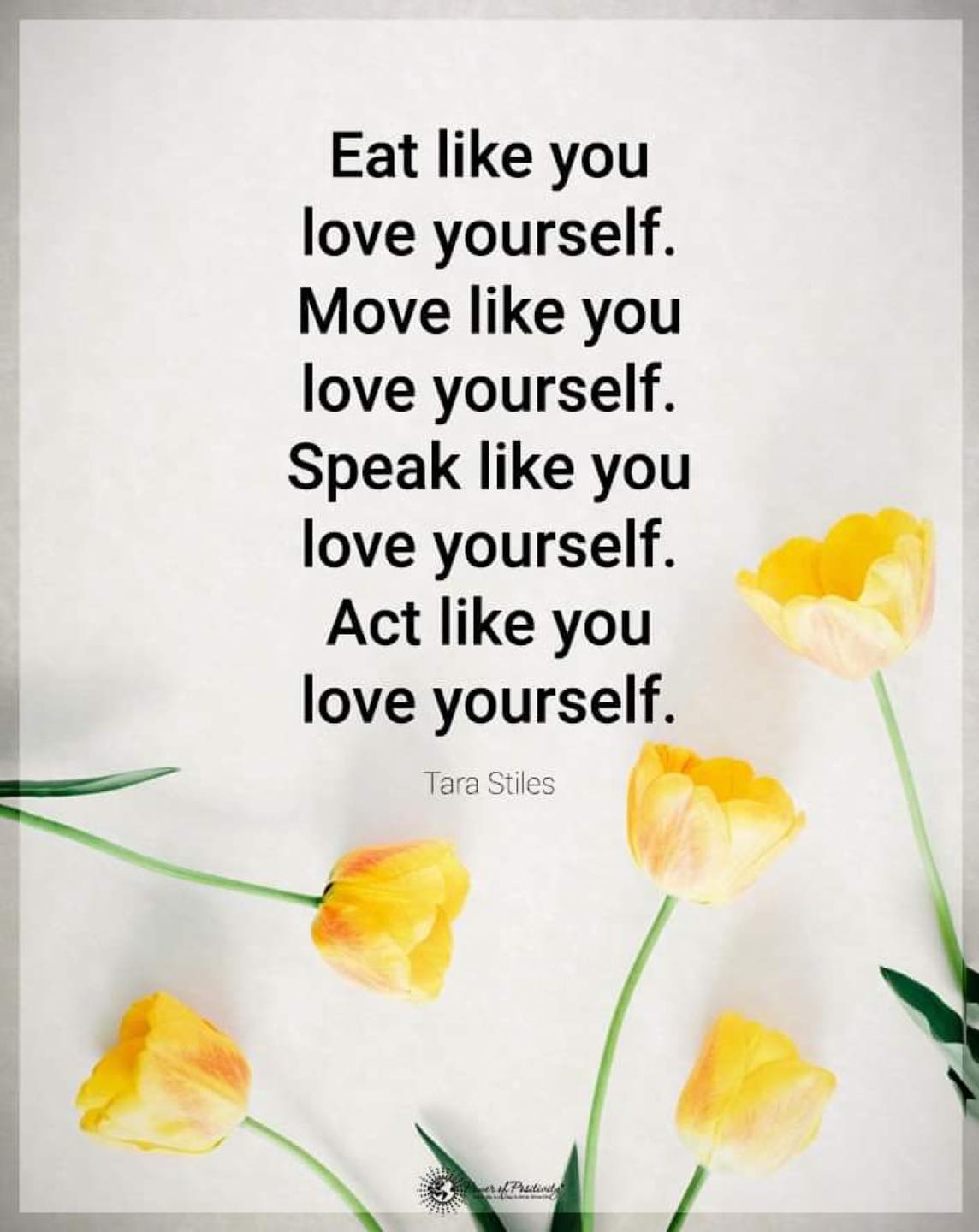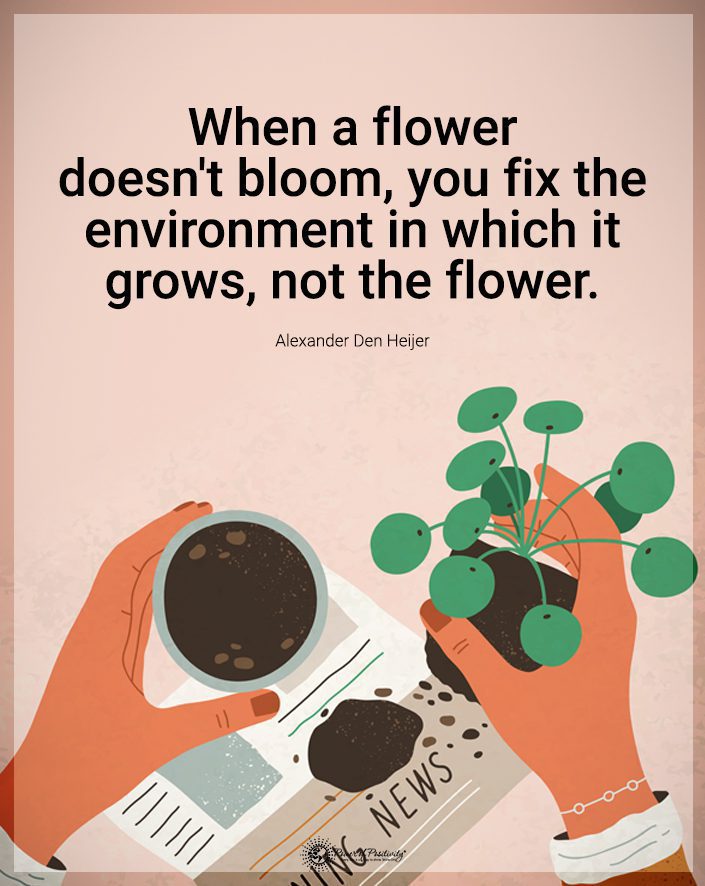Some people will perform kind actions, including anything that makes someone else’s life easier, sometimes at the expense of the giver. For example, kind, charitable people often help others even when they won’t receive a benefit or reward. They offer whatever they can, whether money, time, or compassion, without expecting or desiring anything in return. These people have incredible empathy.
Empathy-building and kind behaviors such as sharing resources, providing emotional support, and donating to charities can help create a more compassionate world. Even though our survival instincts tell us to prioritize ourselves, we cannot survive without the help of others. Therefore, it makes sense to include others in our love and generosity and try to alleviate suffering wherever possible. Plus, the law of karma states that any positive action you take will come back around, so by assisting others, you’re helping yourself.
Cultivating these kind behaviors can significantly improve societal harmony and promote a kinder, more empathetic world. Below, we’ll discuss some acts of kindness you can engage in and how these behaviors can increase positive energy.
Understanding Kind Behaviors and How They Build Empathy
Behaviors that promote cooperation and empathy among people help societies thrive, while selfish actions cause civilizations to eventually whither. Because those who practice altruism want to share resources and eliminate others’ suffering, those they help are more likely to spread kindness. As they say, compassion is contagious because we naturally want to mimic others’ behavior. Therefore, the more positive, empathetic people in the world, the more likely society will become more peaceful.
Empathy is a polar opposite of other behaviors, such as aggressive, antisocial, or even mutualistic actions. The first two stem from selfishness and lack of empathy, whereas the latter promotes compassion but still expects something in return. However, altruistic individuals make choices that benefit others and don’t expect to gain anything from their endeavors.

Benefits of Empathy-Building Behaviors
Positive behaviors provide social and individual benefits, ultimately making the world more harmonious for everyone. For example, acts of kindness increase societal harmony, improve relationships, and strengthen communities. On the individual level, generosity can enhance self-esteem, promote personal growth, and provide mental health benefits. Studies show that regularly engaging in compassionate behaviors can reduce stress and increase well-being.
10 Kind Behaviors for a World with More Empathy
What are the things you can do to be kind to others? Here are some ideas.
Five direct kind behaviors
- Sharing resources. If you want to encourage a more compassionate world, share material goods with others when possible. After all, we only survived this long by cooperating and distributing resources as needed. Even babies naturally share their toys, so we could learn much about peaceful coexistence from them.
- Helping neighbors or family. You can also practice kindness by offering to help a neighbor mow their lawn or move into their home. They would greatly appreciate your help!
- Donating to charities. Donating food, clothing, games, or money to local charities is another excellent way to engage in empathetic behaviors.
- Volunteering at homeless shelters. You don’t always have to provide money or material items to assist people; your time and energy can also move mountains. Homeless shelters, soup kitchens, and food banks usually need all the volunteers they can get, so check with your community for opportunities to help.
- Offering advice or expertise. Do you have specialized knowledge about something, such as woodworking, computer programming, or gardening? If you’ve developed proficiency in a subject, you can offer direct kindness to someone by providing assistance or advice.
Five indirect kind behaviors
- Emotional support. Many people struggle with stress and mental disorders today, so showing your concern and support can positively impact them. Listening to someone’s worries or problems could help them feel less lonely and overwhelmed and give them hope for a better world.
- Putting yourself in someone else’s shoes and understanding what they’re going through can strengthen relationships and foster community. With friends or family, you can practice empathy by comforting them and trying to understand their feelings. You can still practice indirect empathy if it involves a stranger or an unfamiliar incident. For example, saying, “ I can only imagine how you’re feeling right now,” shows the person you care about their wellbeing.
- Inclusive behaviors. We’ve made great strides to promote inclusion and equality in recent years. Continuing these efforts by making everyone around you feel heard, seen, and loved will dispel hatred and help foster compassion. If you see anyone bullying or hurting others, never hesitate to speak up and involve a trusted adult if necessary.
- You can also engage in acts of kindness by promoting group cooperation and collaboration. We live in a highly competitive society, so any time you encourage people to get along and dismiss their differences, you have done your part in making the world more beautiful.
- Settling conflicts. You may only want to get involved if you know the people fighting or are concerned about their safety. However, sometimes a mediator is necessary to settle disputes and restore peace.
Fostering Kindness to Increase Empathy
Unfortunately, compassion and empathy don’t always come naturally to some people. However, empathy training and education in schools and workplaces can help promote empathetic behaviors. If people understand the importance of their actions and how they impact others, they might feel motivated to change. In addition, it helps to instill these values in children, so they grow up to become kind, selfless individuals. Positive parenting involving nurturing, acceptance, and warmth can boost children’s self-confidence and teach them how to treat others respectfully.
Kind Behaviors and Increase Empathy in Society
As stated above, collective, cooperative societies tend to endure and overcome problems, while selfish civilizations usually meet an early demise. The morals and ideals of populations have a massive societal influence and can promote harmony or destruction. However, these behaviors can promote peace-building and conflict resolution by bringing people together. Showing kindness helps dispel differences and reminds people that every action has consequences. Therefore, engaging in more positive behaviors will help create the world we wish to see.
Final Thoughts on How Kind Behaviors Create a Better World
Practicing mindfulness and compassion is essential if you want a more empathetic society without many problems. Sharing, cooperating, and helping others can persuade people to pass along kindness and create a ripple effect in society. As love and generosity spread, it will help hatred dissipate and encourage stronger communities. The empathetic impact on a personal level includes improved mental health, safety and security, and increased self-esteem. We should all try to create a more peaceful, caring world by reaching out to others and doing what we can to eliminate suffering. If even half the world did this regularly, it would inevitably improve the world.






















